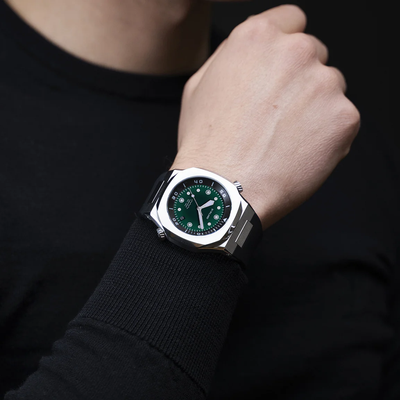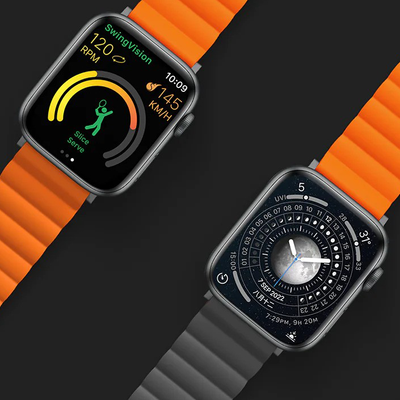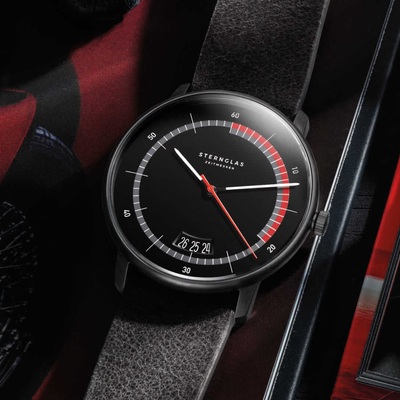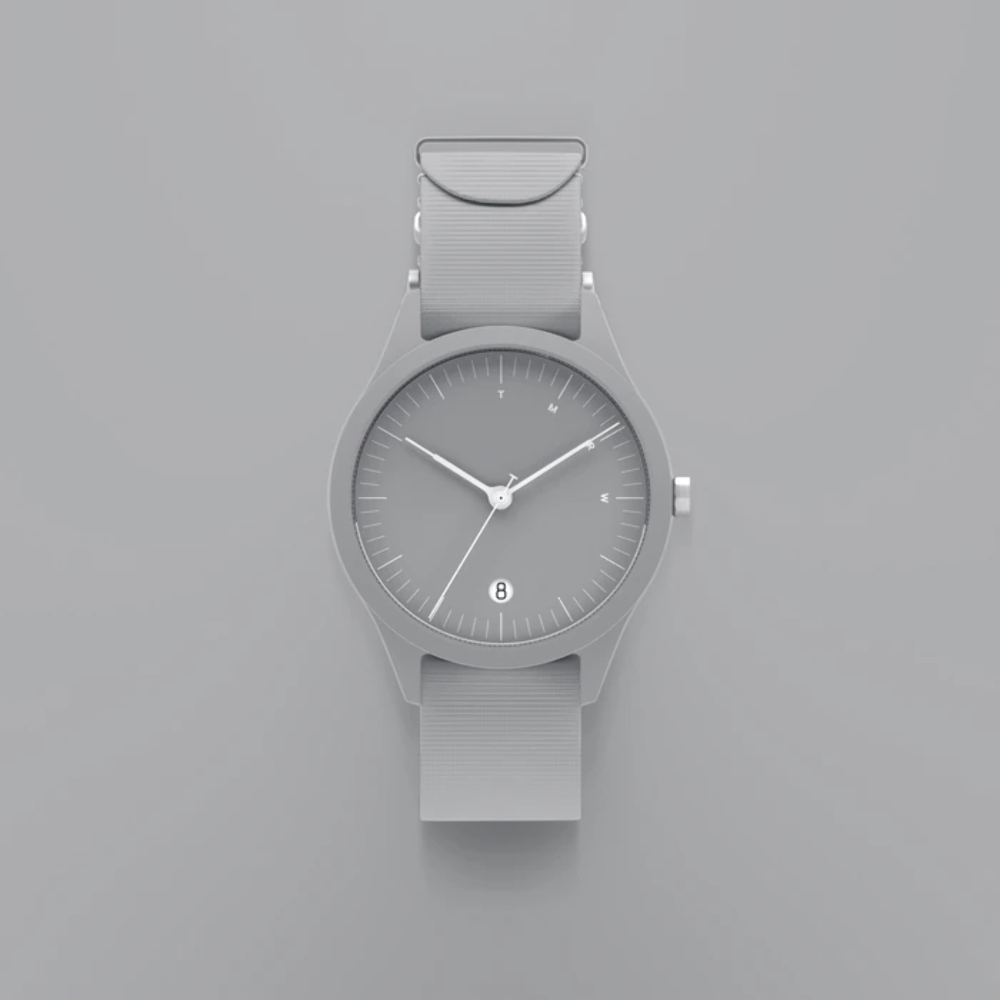Mechanical watches and quartz watches differ in their underlying mechanisms for keeping time. Here's a comparison of the two:
Mechanical Watches:
- Movement: Mechanical watches use a mechanical movement that relies on a complex system of gears, springs, and an oscillating balance wheel to keep time. They are powered by winding a mainspring manually (manual-winding) or automatically (automatic or self-winding) through the motion of the wearer's wrist.
- Accuracy: Mechanical watches are generally less accurate than quartz watches. They can have variations of a few seconds per day, depending on the specific watch and its condition. However, high-end mechanical watches can achieve excellent accuracy through precision engineering and adjustment.
- Craftsmanship and Tradition: Mechanical watches are revered for their craftsmanship, intricate movements, and traditional watchmaking techniques. They embody a sense of artistry and the mechanical mastery of horology.
- Mechanical Complexity: Mechanical watches can feature various complications such as moon phase displays, chronographs, perpetual calendars, or tourbillons. These additional features contribute to the complexity and exclusivity of mechanical timepieces.
- Winding and Maintenance: Mechanical watches require regular winding (for manual-winding) or regular wear (for automatic-winding) to keep them powered. They also need periodic servicing and maintenance, including cleaning, lubrication, and adjustment, to ensure optimal performance and longevity.
Quartz Watches:
- Movement: Quartz watches use a quartz crystal oscillator regulated by an integrated circuit to keep time. The crystal vibrates at a specific frequency when an electric current is applied, providing high accuracy timekeeping.
- Accuracy: Quartz watches are known for their exceptional accuracy. They can typically keep time within a few seconds per month, as the quartz crystal's frequency remains highly stable over time.
- Battery-Powered: Quartz watches rely on a small battery to power the movement. These batteries can last anywhere from one to several years, depending on the specific watch and battery type.
- Low Maintenance: Quartz watches require minimal maintenance. Battery replacement is the primary maintenance task, while the movement's electronic components generally require less servicing compared to mechanical movements.
- Affordability and Availability: Quartz watches are generally more affordable than mechanical watches. They are widely available in various styles, designs, and price ranges, making them accessible to a broad range of consumers.
- Precise Timekeeping: Quartz watches provide precise and consistent timekeeping, making them practical and reliable for everyday use or when high accuracy is essential.
The choice between a mechanical watch and a quartz watch often comes down to personal preferences, budget, and appreciation for the craftsmanship and tradition of mechanical timepieces versus the accuracy and convenience of quartz watches.












